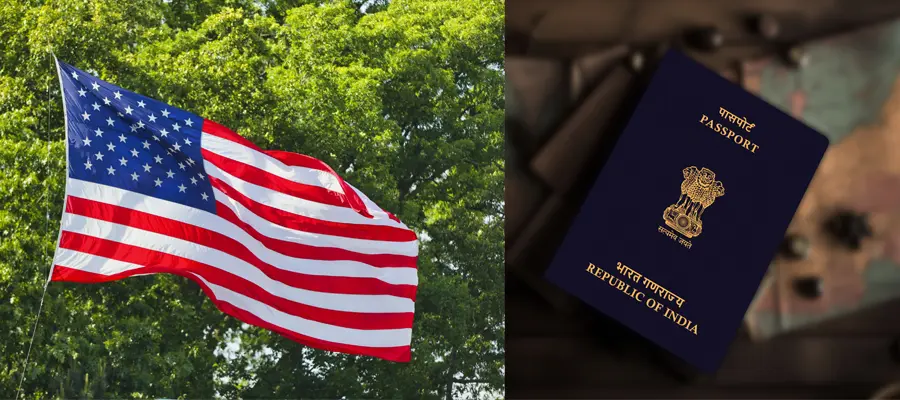The US Embassy in India is going to implement new rules for the scheduling and rescheduling of non-immigrant visa appointments. These changes are made by the US Embassy in order to make sure everyone has a fair chance at getting a visa interview appointment. Additionally, these new rules will also help to reduce wait times. These rules will be applicable from 1st January 2025.
According to these new rules, now the applicant will be allowed to schedule their appointment once without paying any additional charges. If the applicant has missed the rescheduled appointment or need the second reschedule, then the applicant will have to book a new appointment and repay the fees.
The US Embassy has shared a post on its X account announcing the new rules for visa appointment. The post read, “To make sure everyone has a fair chance at getting a visa interview appointment and to reduce wait times, we’re making some changes.”
Explaining the news rules, US Embassy stated, “Starting January 1, 2025, you can still schedule your first non-immigrant visa appointment at the location of your choice. If you need to reschedule for any reason, you will be able to do that one time. If you miss your appointment or need to reschedule a second time, you’ll need to book a new appointment and repay your application fee. Since wait times are long, please make sure you can attend on the date you’ve selected.”
“These changes will make it easier and faster for everyone to get appointments. We encourage applicants to attend their scheduled appointments to keep the process efficient and fair for everyone,” they further added.
As of now, according to the US State Department website, the wait time for a B1/B2 (visitor) visa as is 429 days in Hyderabad, 436 in Kolkata, 438 in Mumbai, 441 in Delhi and 479 in Chennai.
VP of Travel Agents Federation of India, Anil Kalsi, said “Before this change, the visa fee would be valid for a year and in that period one could reschedule appointment up to three times. Now this changes from Jan 1. The Americans must have their own reasons and inputs to make this change. Hopefully this should further reduce the wait period.”
